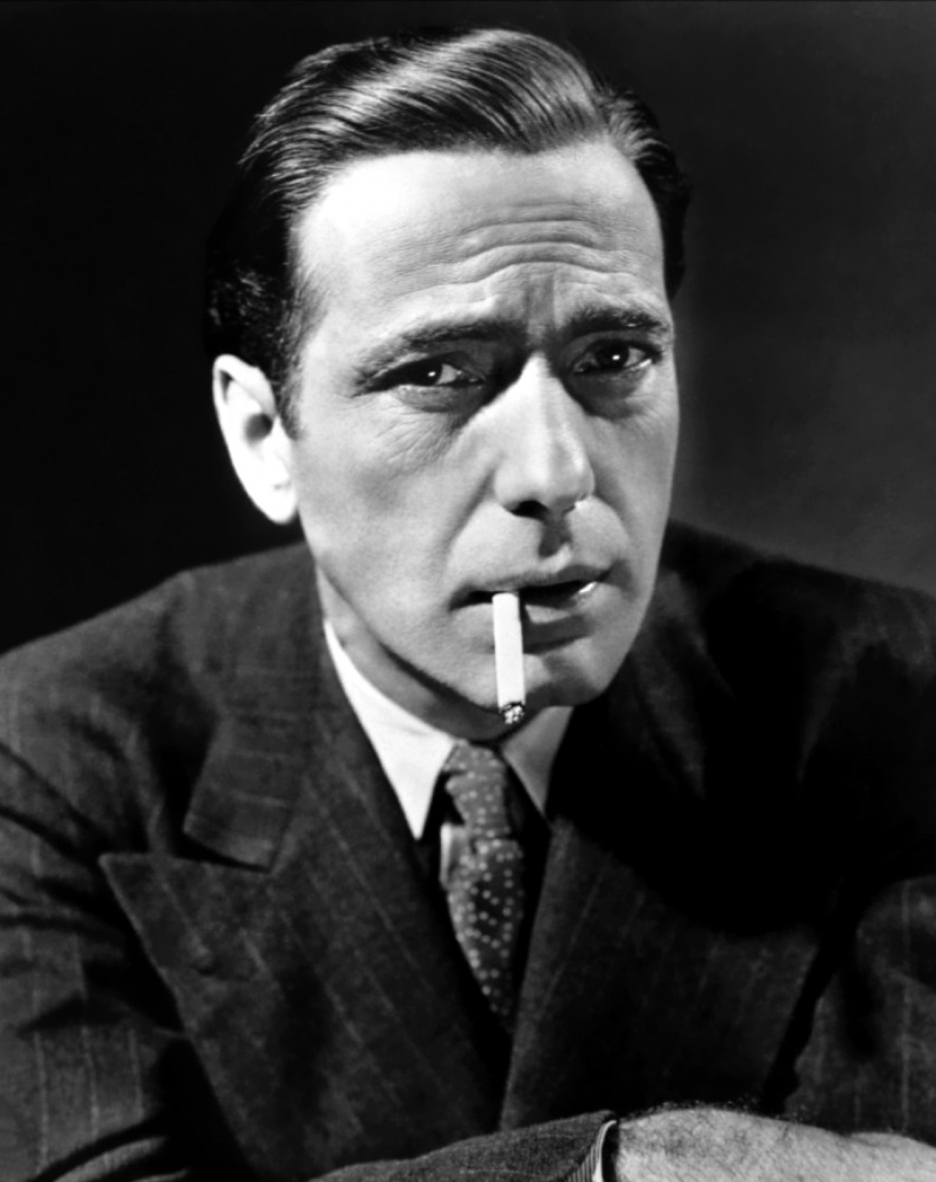 |
| Mr. Hollom (right) was a Jonah |
- Captains Courageous (Nominated 1937)
- The Sand Pebbles (Nominated 1966)
Captains Courageous is based on a Ruyard Kipling novel and stars Freddie Bartholomew, Spencer Tracy and Lionel Barrymore. Bartholomew plays a spoiled kid who accompanies his father on a lavish trip to Europe but then falls overboard and is rescued by a fishing vessel. Barrymore is the fishing captain, and Tracy is a Portugese fisherman (with a questionable accent) who befriends the boy. Bartholomew's character was once spoiled but soon becomes rugged, yar! Very early in the movie, the boy is branded a stowaway by the other Fisherman and even referred to as, yes, a Jonah.
This movie is watchable and funny at times, and ultimately, it is okay. Having also just recently seen Spencer Tracy in the more-or-less contemporaneous Boys Town (synopsis coming later), it was odd to see him here in a cartoonish, pirate role. In the 1930's, this was probably referred to as versatility. Please watch this clip and enjoy a surreal experience:
The 1937 winner is The Life of Emile Zola, and I haven't seen it yet. Score for Captains Courageous: 6.0.
The Sand Pebbles stars Steve McQueen, Richard Attenborough (RIP - died in 2014), and Candice Bergen. It's about a naval engineer in the 1920's (McQueen as Jake Holman) who is assigned to a gunboat stationed in China's Yangtze River just before the outbreak of the Chinese Civil War.The boat is the USS San Pablo, which its crew has nicknamed "The Sand Pebbles." There are several running plots in this movie, all intertwined with the backdrop of very interesting and infrequently treated (by films) political turmoil. Attenborough falls in love with a Chinese woman, whom he subsequently rescues from a brothel and marries. Holman trains a Chinese man to work with him on the boat's engine, and that does not turn out well for the Chinese man. Holman also has a fleeting romance with an American missionary, played by Bergen. The sailors aboard the San Pablo enjoy their listless and undemanding existence in peace time, but are later forced into some serious combat with Chinese Nationalists, providing for an exciting climax.
Watching this movie was a highly enjoyable and informative experience. The filmmakers went to great lengths to acquaint us with the San Pablo and its inner workings. One of the best scenes (I wish it was on YouTube, sorry) involves Holman teaching a Chinese man the function of all the valves, pipes, and gauges in the engine room. The characters are often caught within the gray areas of the rules of engagement and interpretations of their role as representatives of the U.S. military (sort of like The Hunt for Red October), and this makes for great palace intrigue.
The Sand Pebbles was my first ever experience with Steve McQueen. His character is, as I've been made aware, a classic McQueen trope: sort of a rebel, but with well-meaning, deep-down intentions. Naturally, he is branded a Jonah quickly upon joining the San Pablo crew and being present at the death of a Chinese man who goes into a treacherous area of the engine to fix something. Weirdly, McQueen did not have great luck in real life, either. He died at the age of 50 from mesothelioma, reportedly brought on by massive asbestos exposure while in the Marines. A very eerie parallel between his real life and the character Jake Holman.
1966 is an interesting Oscar year, and this was my first exposure to it. Other notables include A Man for All Seasons (won) and Who's Afraid of Virginia Woolf (nominated). The Sand Pebbles is very, very, good. I gave it a score of 7.8.




